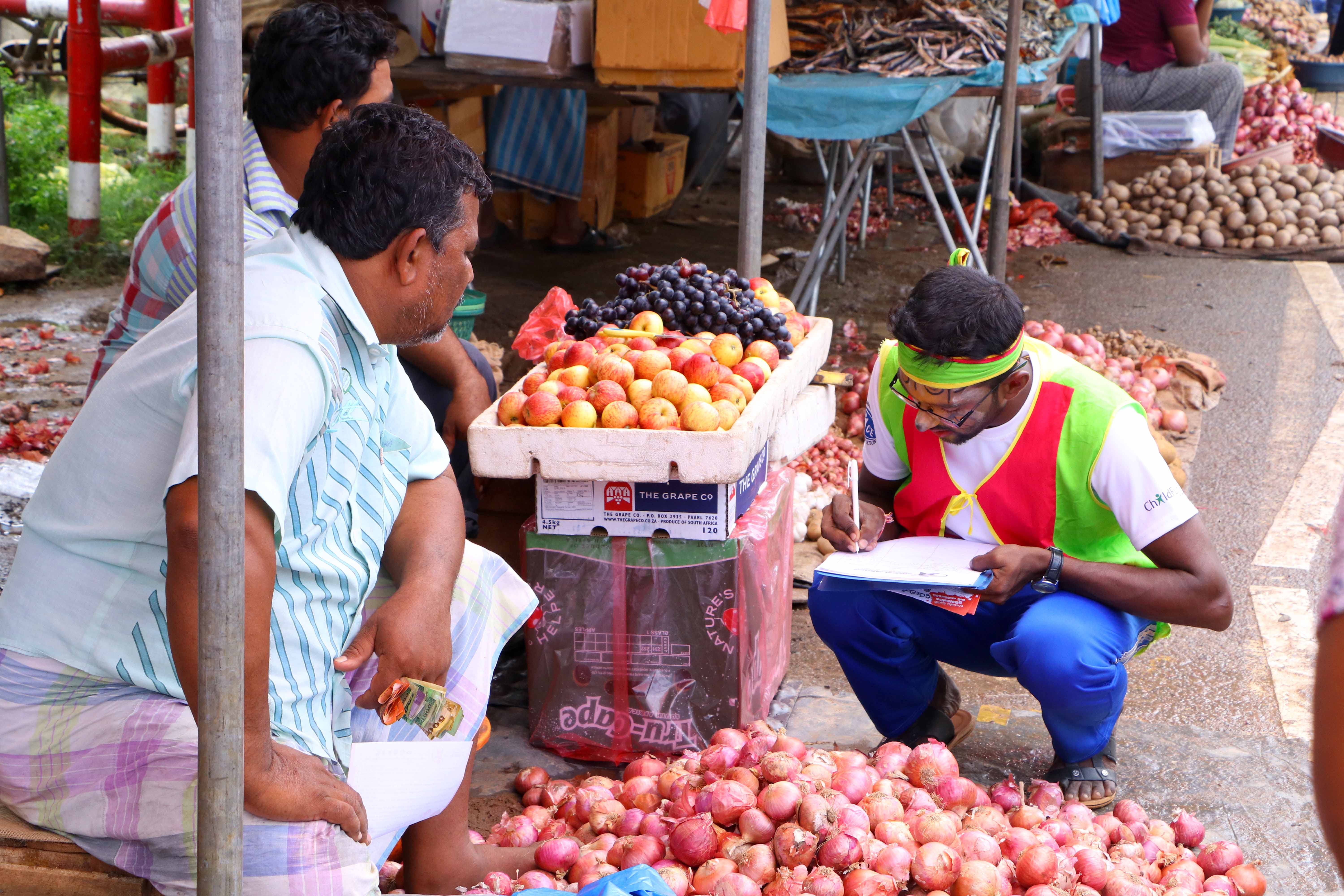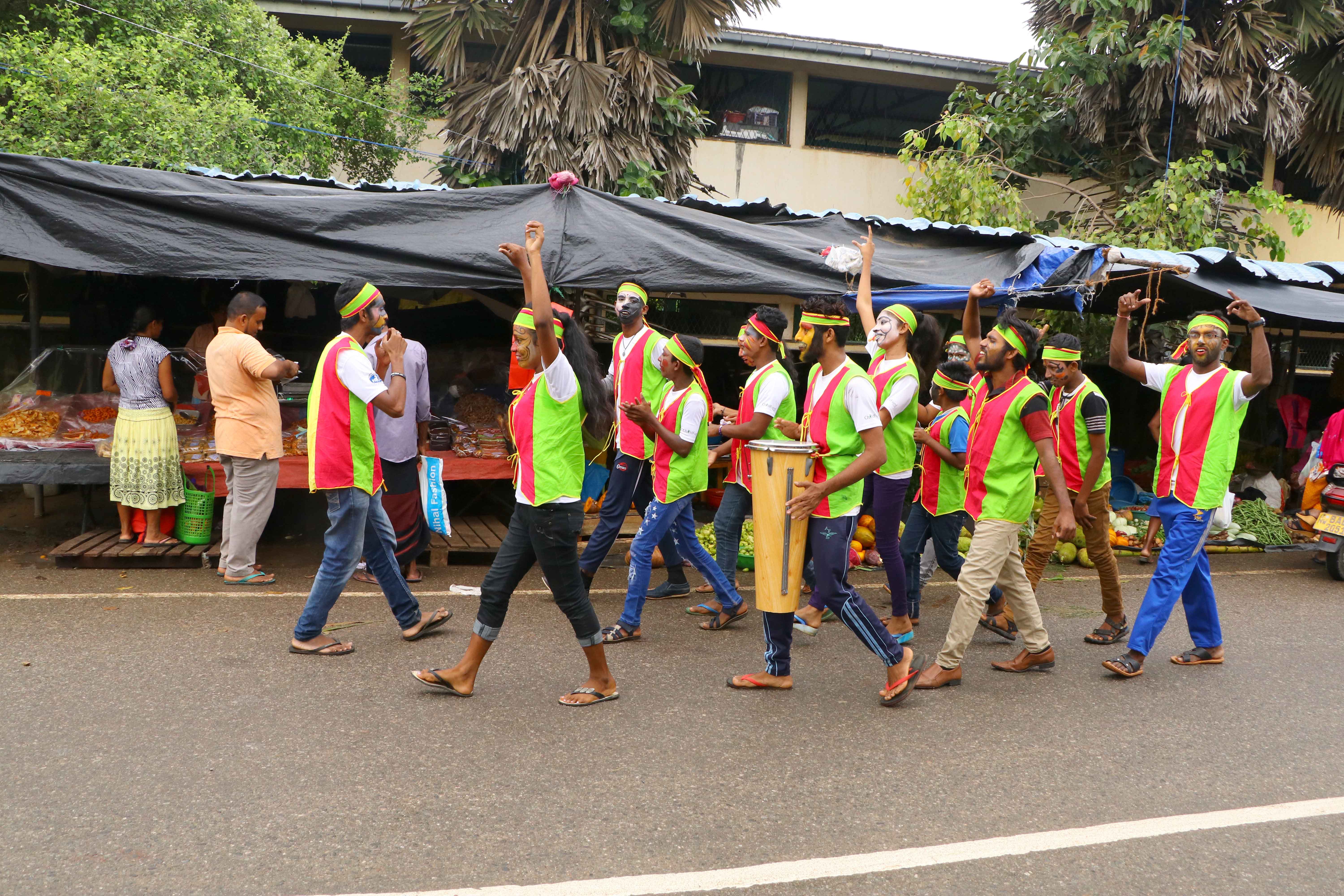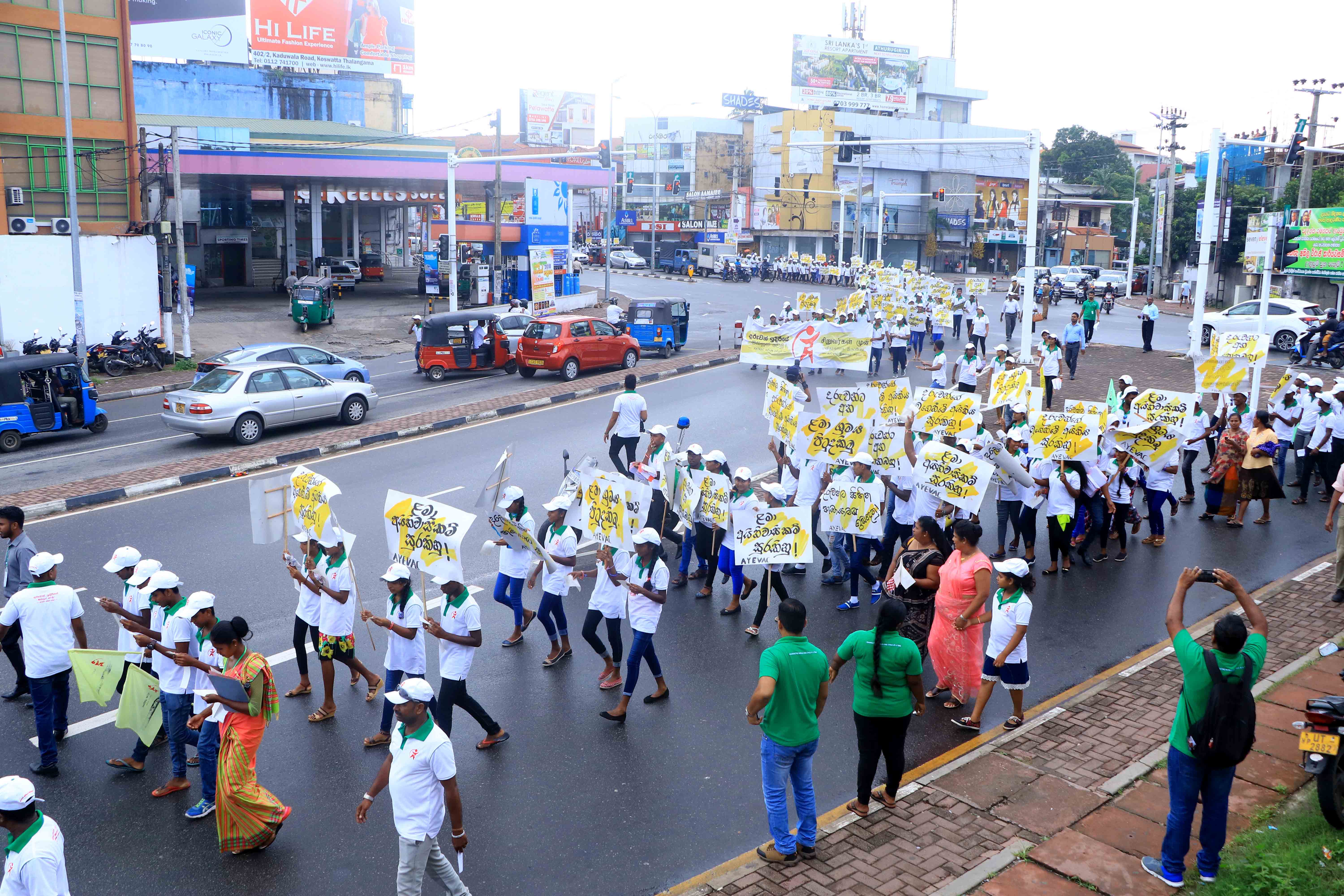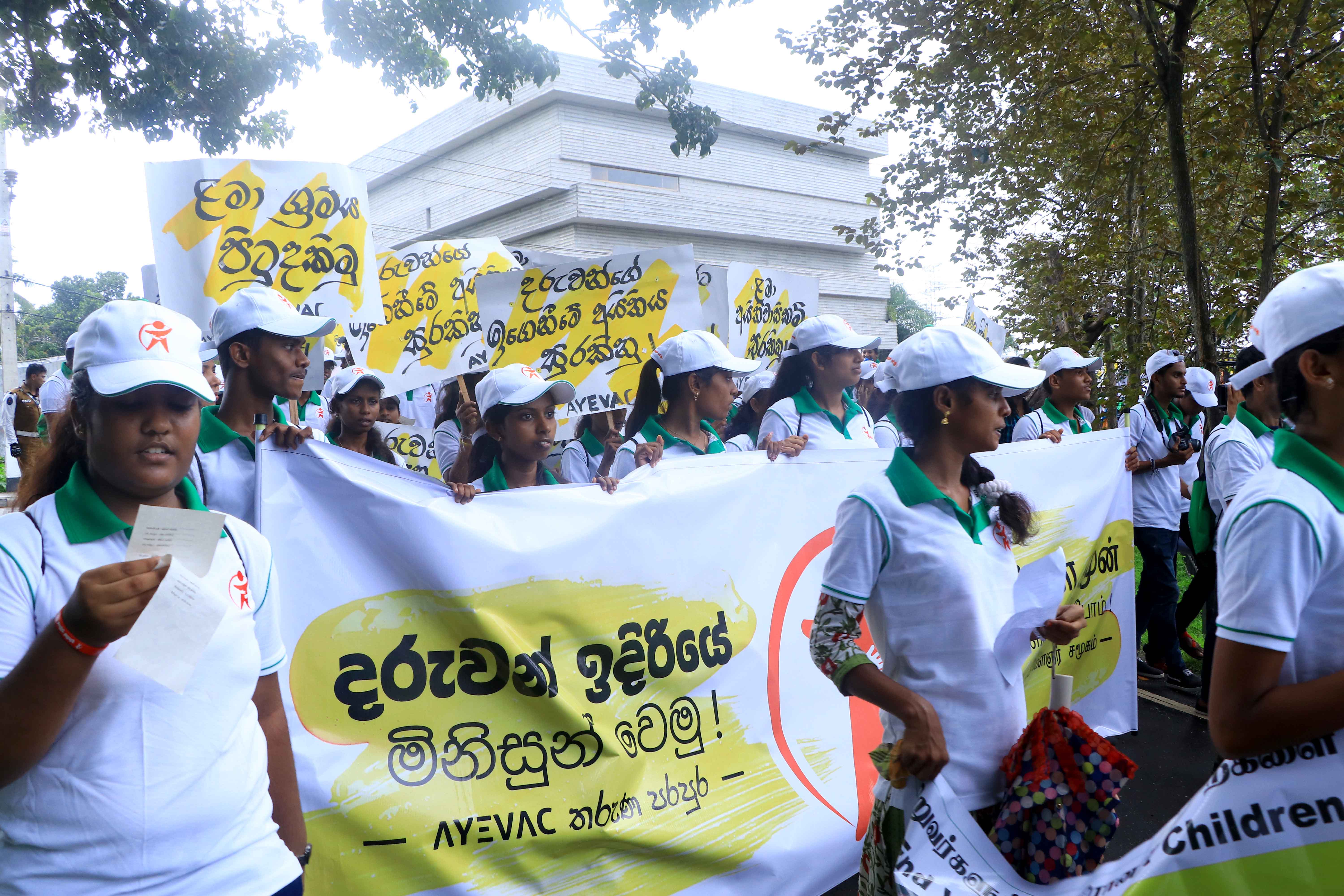Empowering youths to become authentic citizens in the country
Youth Media Visions is a Media Literacy program aimed at youths in their last years of secondary education, in Karuwalagaswewa, Anamaduwa and Pallama, Puttalam District and provides them with opportunities to develop media production initiatives as a way to address social issues relevant to their communities, such as poverty, youth rights, youth unemployment and social inclusion. Its main purpose was to explore the potentialities of learning with and from media in informal educational settings.
Bringing media literacy education to contexts that are far from decision-making centers or at risk of being excluded from them empowers young people to develop own cultural and media expressions as an antidote to the perceived “homogenization” possibly developed by the globalization of contemporary societies. These pedagogical exercises are energizers of cultural diversity.
The increasing number of positive testimonies and success stories confirms the relevance of this media program and the project’s impact on the lives of thousands of young people. Their participation in workshops restores confidence in their abilities and strengthens their self-esteem, which is the basis of all success. The workshops also foster their motivation and resilience and help them overcome future obstacles.
The project also encourages the emergence of positive leaders who, in turn, will inspire the youngest to get involved in the community. They will become positive examples of success among their peers. Participants also benefit from practical training in the production of documentary shorts and original music, including scriptwriting and directing, as well as in the more technical aspects of filming, sound recording, and editing. They learn how to work in a team, master digital communication tools, and to actively be involved in every stage of the process. In addition to cultivating new talents, the project also develops their social and employability skills, such as working with others, reading, thinking, organizing ideas, writing, document and computer use, and oral communication. Other results include the prevention and reduction of drug and alcohol abuse, suicide, criminality, and school drop-outs.




